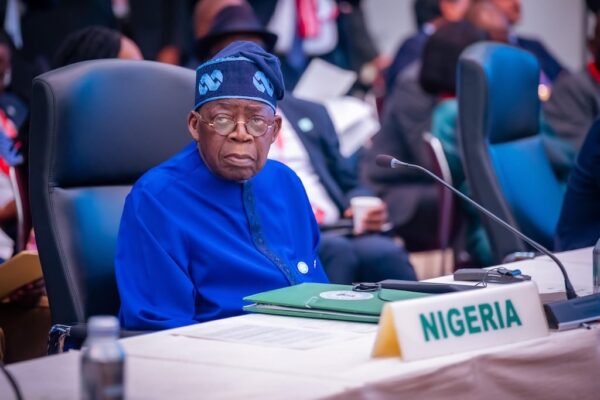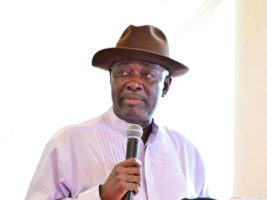The National Orientation Agency (NOA) has asserted that Nigeria’s debt burden has “significantly decreased” since President Bola Tinubu assumed office in 2023, countering claims that the country’s indebtedness is worsening.
This clarification follows reports from the Debt Management Office (DMO) indicating that Nigeria’s total public debt reached “N152.40 trillion as of June 30, 2025,” marking a N3.01 trillion increase from N149.39 trillion at the end of March 2025, a 2.01 percent rise in three months.
In dollar terms, the debt grew from $97.24 billion to $99.66 billion, reflecting a 2.49 percent increase.
The DMO noted that “Nigeria’s external debt climbed to $46.98bn (N71.85tn) in June, up from $45.98bn (N70.63tn) in March.”
In an explainer shared via its X handle on Monday, NOA stressed that such figures have fueled a false narrative about Nigeria’s debt.
Using data from the DMO, Central Bank of Nigeria, Ministry of Finance, and Federal Inland Revenue Service, the agency highlighted a contrasting trend.
The NOA stated that Nigeria’s total public debt stood at $113.42 billion in June 2023, with a debt-to-GDP ratio below 40 percent—within sustainable limits defined by the IMF and World Bank.
By December 2024, the figure had dropped to approximately $94.22 billion, representing a reduction of over $19 billion in 18 months.
“The reduction in Nigeria’s debt shows that the federal government is actively managing its borrowings and repayments. Instead of accumulating more debt, Nigeria has been making down payments of some of its loans and avoiding unnecessary new borrowings. This is a positive sign of fiscal responsibility,” the agency said.
Read Also
NOA also noted that prior to President Tinubu’s administration, debt servicing consumed nearly all government revenue. “In the first half of 2023, about 97 percent of total revenue went toward debt payments.
“By the end of 2024, this ratio had improved to 68 percent, and it has reduced to less than 50 percent by the second quarter of 2025. While still high, this is a significant improvement, showing better fiscal management and increased government revenue,” the agency explained.
Highlighting the administration’s commitment to meeting financial obligations, NOA pointed out that the federal government repaid a $3.26 billion IMF loan within two years and spent about $7 billion on external debt servicing during Tinubu’s first 18 months in office.
While acknowledging that Nigeria’s debt remains manageable, the agency noted ongoing challenges tied to the country’s reliance on oil revenue.
It commended government efforts to expand non-oil revenue through improved tax collection and plugging fiscal leakages.
READ ALSO: NCAA to Enforce Zero Debt Policy for Airlines 2026
“In the first half of 2024, non-oil revenue increased by 30 percent compared to the same period in 2023. The Nigeria Customs Service collected N1.3 trillion in the first quarter of 2025, more than double the N600 billion collected in the same period in 2023. This remarkable increase is a testament to the federal government’s renewed focus on strengthening revenue mobilisation without raising tax rates,” NOA said.
The agency further highlighted signs of economic recovery and diversification, driven by reforms in sectors such as agriculture, telecommunications, and services.
Citing a World Bank projection, NOA noted that Nigeria’s GDP growth reached 3.7 percent in 2024, marking the strongest expansion in nearly a decade outside of post-pandemic rebounds.
NOA added that the federal government is investing heavily in infrastructure, supporting agriculture, and promoting digital innovation and small businesses to ensure sustainable growth and reduce the country’s dependence on oil revenues.





